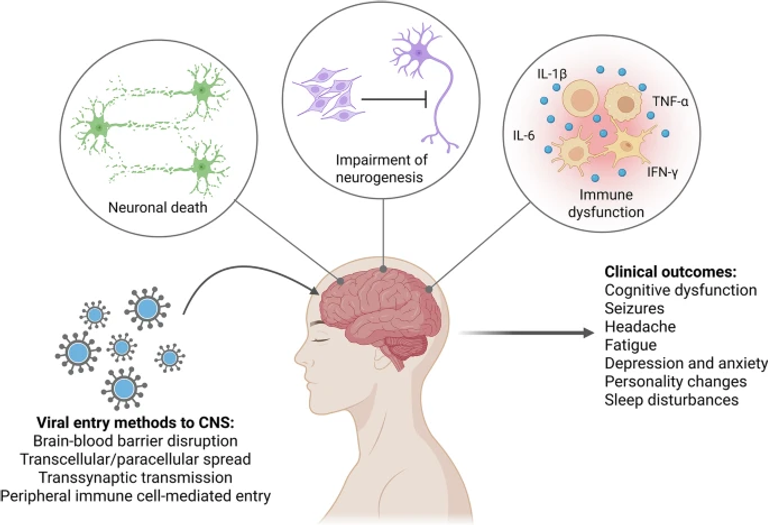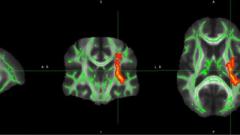ABSTRACT
Neurotropic viruses affecting the central nervous system cause significant short- and long-term morbidity and mortality. Sequelae are extremely prevalent, with up to 50% of survivors experiencing neurological, neuropsychiatric, and behavioral issues. However, the immunopathological and virological mechanisms and factors influencing these outcomes remain poorly understood. In this review, we outline the available knowledge on the long-term outcomes of brain infections of several widespread viruses and highlight key current research gaps.

